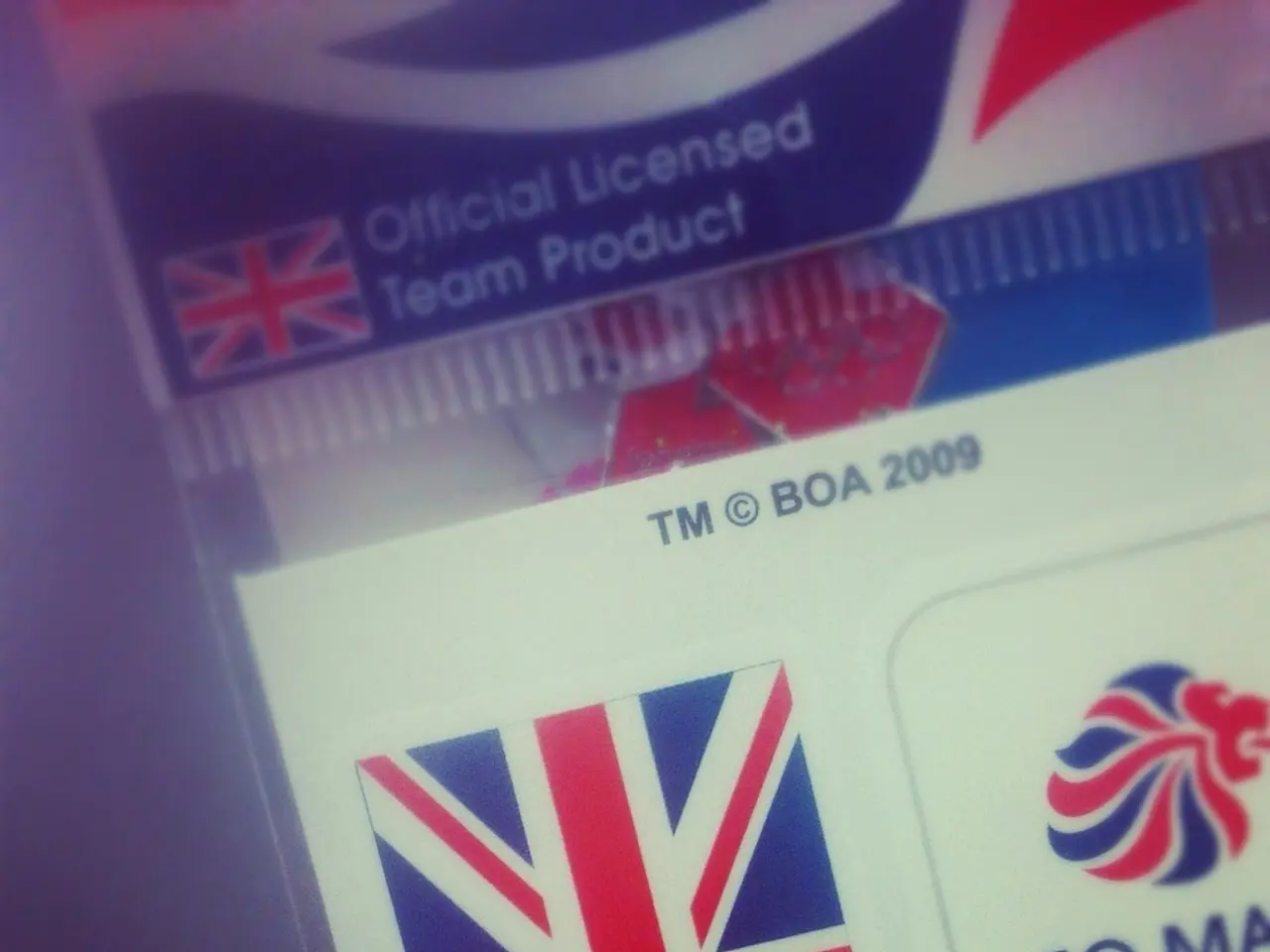BKA under scrutiny: face biometrics testing subject files lawsuit for alleged privacy violation
In a series of events that have raised questions about privacy and data protection, the German Federal Criminal Police Office (BKA) conducted a speed test on facial recognition systems in 2019, using approximately 4.8 million portrait photos. The test, carried out by the Fraunhofer Institute for Graphical Data Processing (Fraunhofer IGD), aimed to determine the fastest and most accurate systems for recognizing people, and the cases where recognition was impossible.
The BKA made significant efforts to protect personal data during the test. They used a password-protected computer system, a locked room, and an encrypted hard drive. However, the data protection authority has raised concerns about the legal basis for the test, with the BKA citing a paragraph of the BKA Act, but the authority considering this paragraph not applicable.
Janik Besendorf, a German citizen, has expressed concern that his photo may have been used in the test. He was arrested on charges of trespassing in October 2018, but the charges were later dropped. Besendorf, along with his lawyer Beata Hubrig, filed a lawsuit against the BKA at the Administrative Court of Wiesbaden, seeking clarity on the legal basis for the test.
The programs used in the test failed with images of masked or veiled faces, low resolution and contrast, and with the head bowed down. The data protection authority states that the potential reduction of the false recognition rate in facial recognition is a significant public interest. In February 2025, the data protection authority cited Article 6 of the GDPR as a possible legal basis for the storage of images.
However, the communication between the data protection authority and the BKA regarding the test has been characterized as evasive and unresponsive. Besendorf's initial complaint to the data protection authority about the suspected use of his photo was also rejected. The manufacturer of the facial recognition system used by the BKA since 2007 remains undisclosed.
Besendorf is not alone in his concerns. He wants to establish that the use of his image, and thus all other images, was unlawful. The final report from the Fraunhofer Institute is expected to shed more light on the matter, revealing which systems were used and the extent of the data collection. The outcome of the lawsuit against the BKA will also likely impact the future of facial recognition technology in Germany.
Read also:
- Tata Motors Establishes 25,000 Electric Vehicle Charging Stations Nationwide in India
- Strengthening Defense against Multi-faceted menaces in the Age of Authority-driven Technology
- AI-Enhanced Battery-Swapping Station in Southeast Asia Officially Opens Its Doors
- Industries Under Jeopardy Due to Multi-Accounting: Prevention Strategies Revealed in 2024








